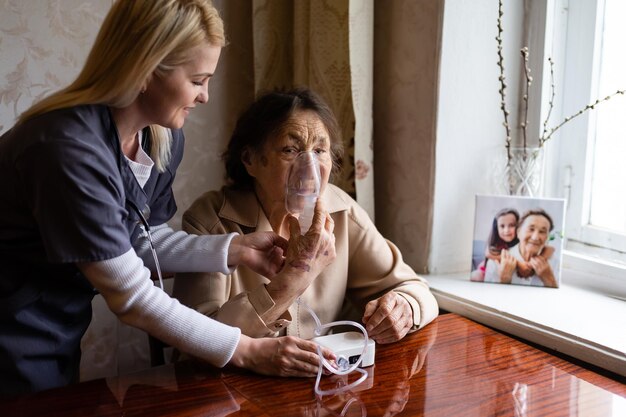How to Become a Home Health Aide: Essential Degrees, Certifications, and Licenses
Becoming a Home Health Aide (HHA) is a rewarding career choice for those passionate about providing personal care and support to individuals in the comfort of their own homes. While the requirements for becoming an HHA can vary by state, several educational paths and certifications can enhance your credentials and career opportunities. Typically, a high school diploma or equivalent is the minimum requirement. However, many aspiring HHAs benefit greatly from completing a state-approved training program, which often includes at least 75 hours of instruction and hands-on clinical practice. This formal training equips you with essential skills, such as basic medical knowledge, emergency response, and personal care techniques, ensuring high-quality care for clients.
To further solidify your expertise and improve employability, obtaining certifications like the Certified Home Health Aide (CHHA) can be advantageous. These programs not only validate your knowledge but also help you stay updated with the latest practices in home health care. Although not always mandatory, participating in ongoing education courses and earning additional certifications like CPR and First Aid can significantly enhance your professional standing. By investing in the right educational and certification programs, you set a strong foundation for a rewarding career as a Home Health Aide.
Key Educational Paths and Certifications for Home Health Aides:
- 📜 High School Diploma or GED
- 🎓 State-Approved HHA Training Program: Typically 75 hours of instruction
- ✅ Certified Home Health Aide (CHHA) Certification
- 🏥 CPR and First Aid Certification: To enhance emergency response skills
- 📚 Ongoing Education Courses: For continuous skill development and knowledge updates
